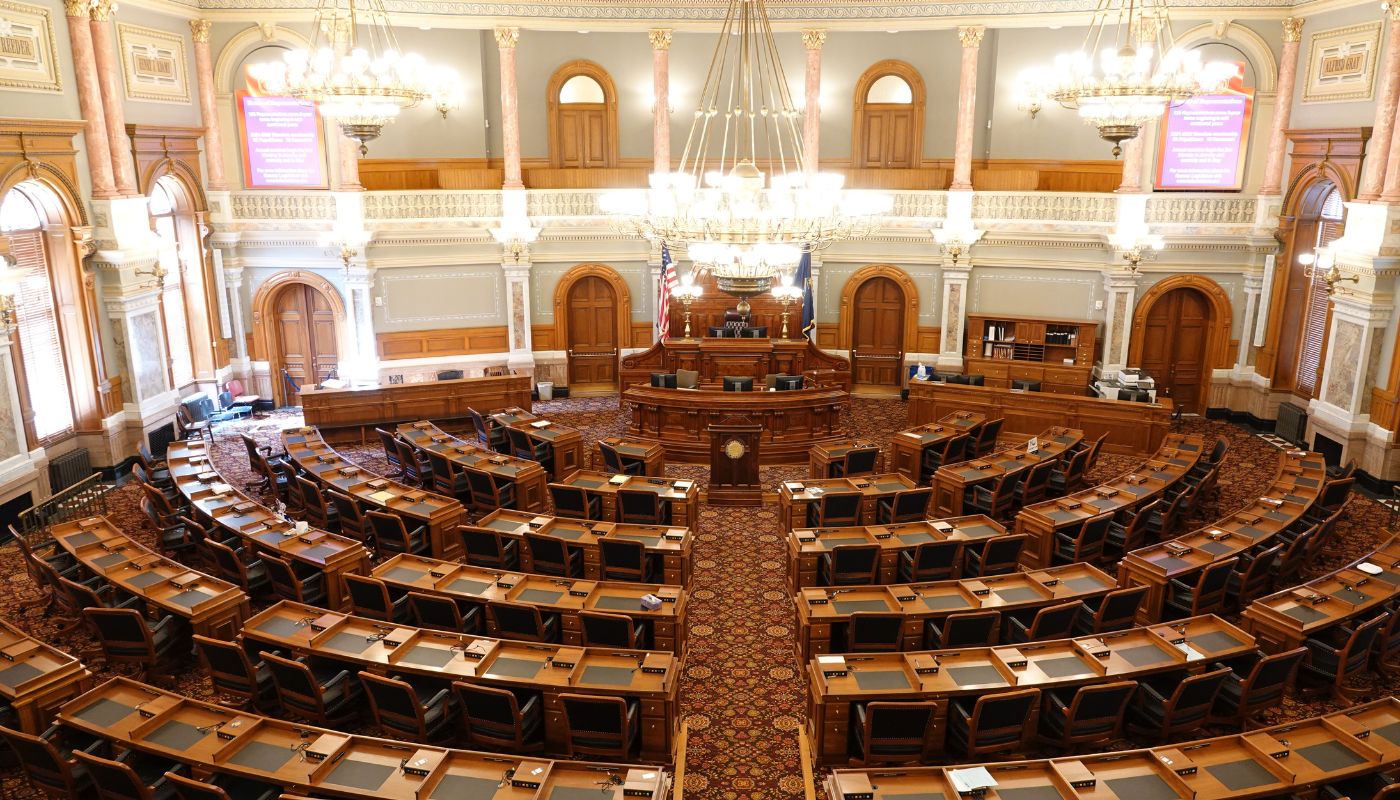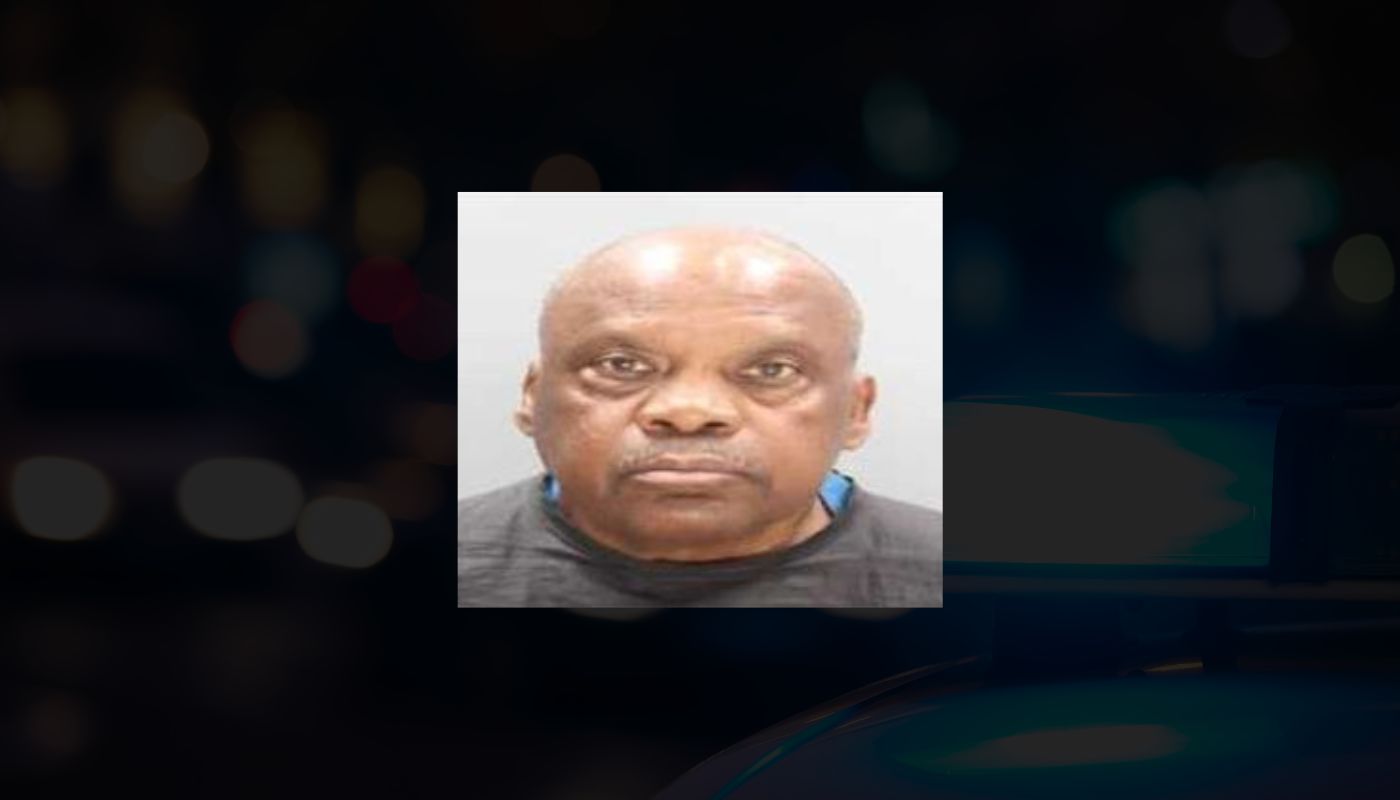
News writer
Revenue from the South Carolina Lottery may soon be doing more than funding college scholarships and public school programs. It could be the key to reigniting the state’s controversial school choice debate.
Lawmakers seem to be rolling the dice on a new proposal that would use proceeds from the lottery to help fund private school scholarships. The topic is sparking both excitement and concern across the state.
The new bill
Back in September, the South Carolina Supreme Court struck down the Education Scholarship Trust Funds program for its use of taxpayer dollars. State lawmakers have now filed a bill proposing to use lottery revenue to fund private school costs. This bill is already causing debate, with some arguing that it would hurt public schools.
The focus of this bill seems to be on the fact that Republican lawmakers are committed to bringing back ‘School Choice’ K-12 scholarships. To help do this, they want to utilize the revenue from the South Carolina Education Lottery (SCEL) to pay for private school tuition and other costs for eligible families.
Currently, the lottery stated they sent $8.3 billion for appropriation by the General Assembly. The SCEL can’t control which programs are funded using that money.
Sen. Larry Grooms told WCIV, “My main focus right now is to ensure that those children that have these scholarships continue with these scholarships. It was bad having the rug jerked out from under them."
Critics believe this would hurt public schools
While Sen. Grooms believes this would drive competition, benefiting all South Carolina students, critics think it will only hurt public schools. The South Carolina Education Association (SCEA) thinks by pulling money from the SCEL it will result in eliminating funding used in public schools.
“South Carolina’s one of the few states [where] we own our buses, our public buses," said Sherry East, president of the SCEA, "and they're maintained through the state, through the lottery money."
On the flip side, Grooms said passing this bill would increase the “quality of education, not only for the private schools, but also for the public schools.” He thinks “it raises the bar” for everyone involved.
Eligibility for these funds
These funds wouldn’t be made available to everyone. Under the previous voucher program, families that had a maximum household income of 400% of the federal poverty line qualified for scholarships.
With this new bill, the maximum household income would jump up to 600% of the federal poverty line, which is about $187,000 annually for a family of four.
East said, “That’s not poor, failing, rural school districts.”
Moving forward
The new bill is expected to be one of the first bills debated on the Senate floor when lawmakers return to Columbia on January 14, 2025. Republican lawmakers seem confident that they’ve found a constitutional way forward, but the SCEA disagrees.
In the end, the final decision may come down to the state’s highest court, yet again. However, former Chief Justice Donald Beatty is no longer on the bench, who was reportedly a key part in the 3-2 vote to strike down the old program.
East said, “I am not sure what this new Supreme Court, how they would rule or how they would interpret it.”
Enjoy playing the South Carolina Lottery, and please remember to play responsibly.















Comments